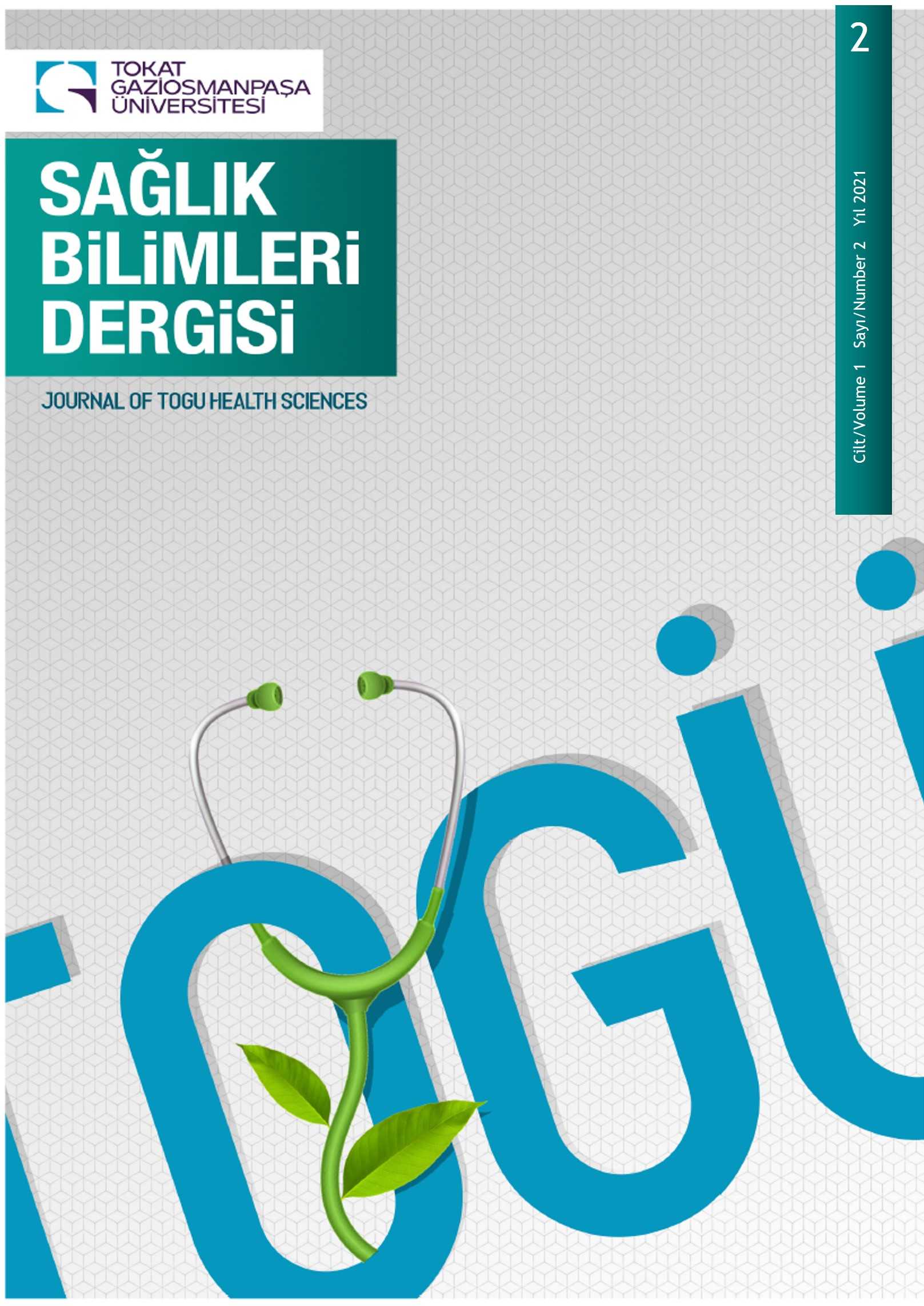
TOGU Sağlık Bilimleri Dergisi
Yazarlar: Ayla GÜNAL, Zeynep ACUNGİL, Funda DEMİRTÜRK
Konular:-
DOI:10.52369/togusbd.8
Anahtar Kelimeler:Academician; Occupational balance; Quality of life.
Özet: Purpose: Occupational balance is an important variable associated with health and quality of life. In this study, it was aimed to examine the relationship between the occupational balance and the quality of life of academicians working at the health sciences faculty of a state university. Materials and methods: 44 academicians took part in the study. The occupational balance of the participants was evaluated with the Occupational Balance Questionnaire-11 Turkish Version (OBQ11-T), and their quality of life was evaluated with the Nottigham Health Profile (NHP). Results: The mean age of the participants was 39.79 ± 7.94 years and the working year was 10.27 ± 7.83 years. 86.4% of the participants were women, 72.7% were married and 77.3% had a doctorate education. It was determined that 54.5% of the participants worked intensively, 52.3% perceived the economic situation as good, 54.5% had a job outside the faculty. The OBQ11-T total score was 14.61 ± 5.54, and the NHP total score was 177.89 ± 145.06. A negative correlation was found between OBQ11-T and all subsections of NHP and total score (p <0.01). Conclusion: In this study, it was observed that there is a relationship between the activity balance of the academicians and the quality of life. It was found that the academicians with better balance of activity had better quality of life. In this context, it is thought that the interventions regarding the activity balance (activity planning, time management, etc.) will increase the quality of life.